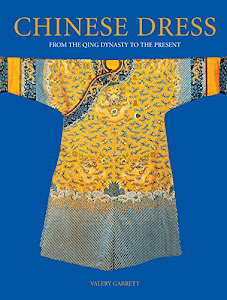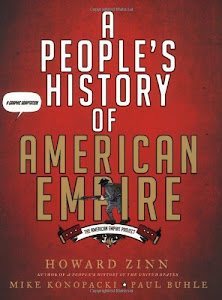
Chinese Dress: From the Qing Dynasty to the Present
Catégorie: Art, Musique et Cinéma, Scolaire et Parascolaire, Sciences humaines
Auteur: Thomas Roy
Éditeur: Katy Regnery
Publié: 2019-08-26
Écrivain: Kim Richardson
Langue: Hongrois, Breton, Hébreu
Format: epub, eBook Kindle
Auteur: Thomas Roy
Éditeur: Katy Regnery
Publié: 2019-08-26
Écrivain: Kim Richardson
Langue: Hongrois, Breton, Hébreu
Format: epub, eBook Kindle
Han Chinese - Wikipedia - During the Qing dynasty, Hanfu clothing was mostly replaced by the Manchu style until the dynasty's fall in 1911, yet Han women continued to wear clothing from Ming dynasty. Manchu and Han fashions of women's clothing coexisted during the Qing dynasty. Moreover, neither Taoist priests nor Buddhist monks were required to wear the queue by the Qing; they continued to wear their traditional
A Brief History of Chinese Opera - ThoughtCo - · During the Ming Dynasty—from 1368 to 1644—and the Qing Dynasty—from 1644 to 1911—the northern traditional singing and drama style from Shanxi was combined with melodies from a southern form of Chinese opera called "Kunqu." This form was created in the Wu region, along the Yangtze River. Kunqu Opera revolves around the Kunshan melody, created in the coastal city of …
How the British bungled relations with China during the - · How the British bungled relations with China during the Qing dynasty and the Dutch took advantage. Or did they? Chinese history. Link copied. A new book on a …
Chinese culture - Wikipedia - Identity. From the Qin dynasty to the late Qing dynasty (221 BC – AD 1840), the Chinese government divided Chinese people into four classes: landlord, peasant, craftsmen, and ds and peasants constituted the two major classes, while merchant and craftsmen were collected into the two minor. Theoretically, except for the position of the Emperor, nothing was hereditary
Essays | Heilbrunn Timeline of Art History | The - Qin Dynasty (221–206 ) The Qing Dynasty (1644–1911): Courtiers, Officials, and Professional Artists; The Qing Dynasty (1644–1911): Loyalists and Individualists; The Qing Dynasty (1644–1911): Painting; The Qing Dynasty (1644–1911): The Traditionalists; The Rag-dung; Rare Coins from Nishapur; Real Alto; Recognizing the Gods
Auction Calendar - Upcoming Auctions & Events | Christie's - · Browse Christie's upcoming auctions, exhibitions and events. Collecting Guide ‘English nobility, Russian aristocrats… they all wanted to own these objects’: the Harry Woolf Collection of Fabergé masterpieces
Hinduism and Buddhism, an introduction – Smarthistory - Qing dynasty (1644–1912 ) Browse this content Qing dynasty, an introduction Painting and calligraphy Bada Shanren, Lotus and Ducks Shitao, Returning Home Portraits of Shi Wenying and Lady Guan Imperial Workshop and Giuseppe Castiglione, The Qianlong Emperor as Manjushri, the Bodhisattva of Wisdom Landscape: tea sipping under willows Ceramics and decorative arts Lacquer …
Traditional Ancient Chinese Hairstyles History - 2021 - · Like Chinese Hanfu costumes, ancient Chinese hairstyles also have a long hair is placed at the head of the body, and it is the key to show the beauty of the human body. The ancient Chinese hairstyles culture is diverse and gorgeous, a special and wonderful part of Chinese culture, and likewise, it shows the unique aesthetics of China that has rich content
Top 100 Chinese Last Names or Surnames With Meanings - · This family name was derived from the first dynasty of imperial China ‘Qin’. 61. Qiu. Qiu surnames refer to the word which means ‘hills’. 62. Rao. The last name originated in the area near present-day Linfen county in the Shanxi provinces. 63. Ruan. Ruan originated from a traditional Chinese musical instrument. 64. Shen
100 Common Chinese Last Names Or Surnames With Meanings - · The surname means “benefit.” Xu likely has an ornamental origin, adopted by a few “Manchu people” during the Qing Dynasty. 83. Xue . The surname Xue is derived from a word which means “Wormwood,” a therapeutic herb used to alleviate digestion problems. 84. Yan. A common surname in China, Yan, means “strict.” It also means “tight.” 85. Yang. A surname common among …
[audiobook], [pdf], [read], [download], [english], [free], [goodreads], [audible], [epub], [kindle], [online]












0 komentar:
Posting Komentar
Catatan: Hanya anggota dari blog ini yang dapat mengirim komentar.